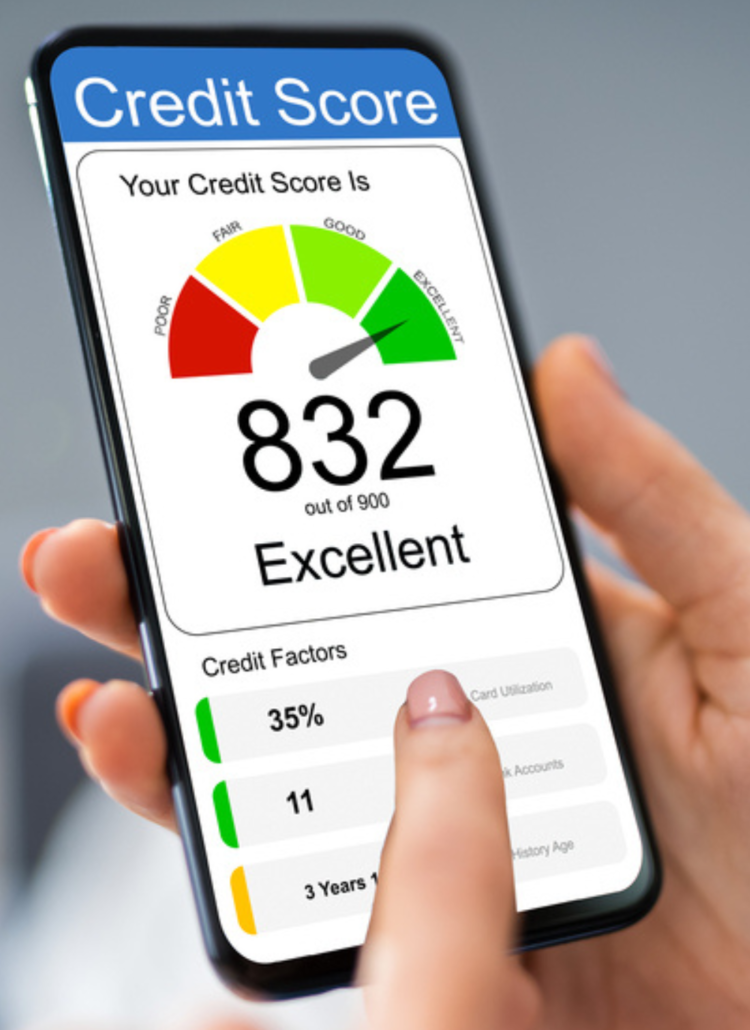Debt is a common financial challenge that can cast a long shadow over your financial well-being. It’s a situation that, with careful planning and disciplined execution, can be managed effectively. This article explores ten proven strategies to optimize your journey toward debt repayment and attain lasting financial freedom.

1. Create a Comprehensive Budget:
Begin by creating a detailed budget that meticulously tracks your income and expenses. This foundational step will provide a clear understanding of your financial situation, enabling you to identify areas where you can cut back and allocate more money toward debt repayment. Check out my post on how to create a budget
2. Snowball or Avalanche Method
Two widely recognized debt repayment strategies are the snowball and avalanche methods. The snowball method involves tackling your smallest debts first, providing a sense of accomplishment. In contrast, the avalanche method focuses on high-interest debts, saving you money in the long term. Select the strategy that best aligns with your financial goals and personal preferences. Check out my post on Debt Snowball vs. Avalanche: Which one is best for you?
3. Increase Your Income
One reliable way to accelerate your debt repayment is to boost your income. Consider taking on part-time work, freelancing, or selling unused items to generate extra cash. Even small increments in your income can make a significant difference. A great way to increase your budget is by learning new skills and Skillshare is an affordable way to learn new skills on a budget.
4. Negotiate Lower Interest Rates
It’s a good idea to reach out to your creditors and request lower interest rates on your debts. Many lenders are open to negotiations, particularly if you have a positive payment history. Lower interest rates mean more of your payment goes towards reducing the principal balance.
5. Debt Consolidation
Debt consolidation, whereby you merge your debts into a single loan with a lower interest rate, can streamline your repayment process and potentially save you money. However, exercise caution and ensure you thoroughly understand the terms and fees associated with this approach.

7. Debt Counseling
Debt counseling from a reputable credit counseling agency can provide valuable insights and strategies for debt management. They can help you create a realistic plan and negotiate with creditors on your behalf, providing you with a reliable support system.
8. Embrace Frugal Living
Cutting out unnecessary expenses from your budget and adopting a more frugal lifestyle can free up additional funds for debt repayment. Simple steps like cooking at home, canceling unused subscriptions, and finding cost-effective entertainment options can go a long way.
9. Windfalls and Bonuses
Consider allocating a significant portion of unexpected windfalls, such as tax refunds, work bonuses, or gifts, towards your debt. These lump-sum payments can have a substantial impact on your outstanding balances.
10. Avoid New Debt
While in the process of paying off your existing debt, it’s crucial to avoid accumulating new debt. Be disciplined with your spending, and refrain from using credit cards for non-essential purchases. Building an emergency fund to cover unforeseen expenses can help you stay on track.
11. Patience and Persistence
Paying off debt is a journey that requires patience and persistence. It’s a long-term endeavor, not a quick fix. Stay committed to your plan, celebrate small victories, and keep your eyes on the ultimate prize: financial freedom.
In Conclusion
Conquering debt is not an overnight task, but with a reliable strategy and unwavering commitment, you can achieve your financial goals and regain control of your financial future. Remember that there is no one-size-fits-all solution, so choose the strategies that align with your unique situation and work best for you. By diligently following these strategies, you can break free from the burden of debt and enjoy the peace of mind that accompanies financial freedom.



